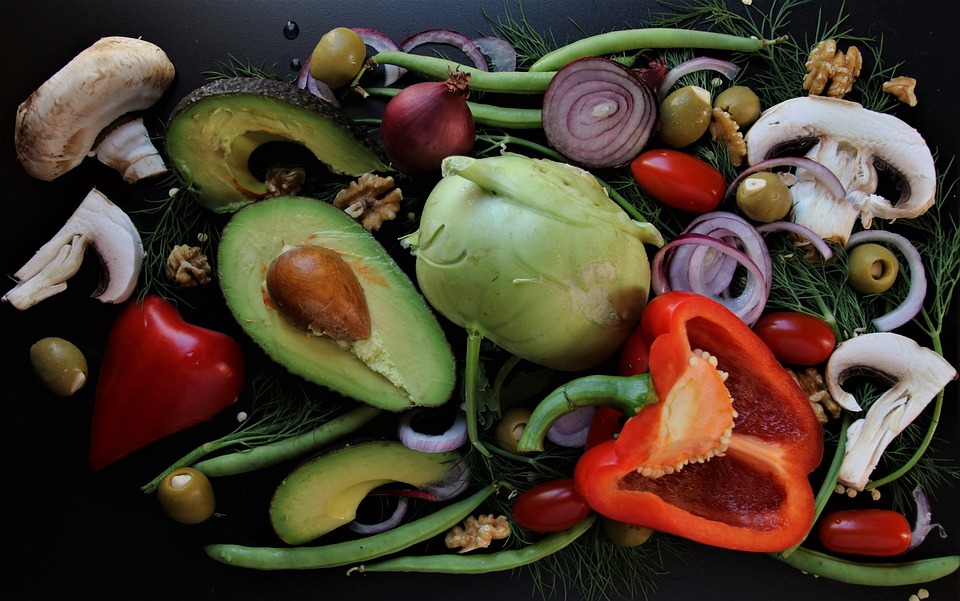Introduction
The world of food technology is constantly evolving, with advancements that have revolutionized the way we produce, distribute, and consume food. As we move forward, several trends are emerging that have the potential to shape the future of the industry. In this article, we will explore some of these key trends and discuss their implications for the future of food technology.
1. Sustainable Agriculture
With the growing concern about the environmental impact of traditional farming practices, sustainable agriculture has gained significant attention. This trend focuses on developing methods that minimize the use of resources like water and energy, while maximizing crop yields. Techniques such as vertical farming, hydroponics, and aeroponics are gaining popularity, allowing food to be grown in controlled environments with minimal water and land usage.
2. Plant-Based Alternatives
As consumer awareness about the health and environmental impacts of animal-based products increases, there has been a rise in demand for plant-based alternatives. Companies are developing innovative plant-derived products that mimic the taste and texture of traditional animal-based foods. From plant-based burgers to dairy-free milk, these alternatives have a lower carbon footprint and can help reduce the strain on natural resources.
3. Cellular Agriculture
Cellular agriculture, also known as cultured or lab-grown meat, is a promising trend for the future of food technology. This process involves producing meat products from animal cells rather than raising and slaughtering whole animals. With the advancements in biotechnology, this technology has the potential to create sustainable and ethical alternatives to traditional meat, reducing the environmental impact of livestock farming while meeting the growing global demand for protein.
4. Internet of Things (IoT) in Food Production
The Internet of Things (IoT) is making its way into the food industry, enabling enhanced control and monitoring of various processes. Connected devices, such as sensors and smart appliances, can collect and transmit data to streamline operations, optimize supply chains, and ensure food safety. IoT can improve traceability, reduce food waste, and potentially minimize the risk of foodborne illnesses by closely monitoring temperature, humidity, and other crucial factors at every stage of production and distribution.
5. Artificial Intelligence (AI) in Food Science
Artificial Intelligence (AI) is being leveraged in food science to enhance various aspects of the industry. AI algorithms can analyze vast amounts of data related to food composition, nutritional value, and consumer preferences to develop new recipes, improve food quality, and optimize formulation processes. Additionally, AI-powered robots can automate repetitive tasks in food processing, packaging, and distribution, resulting in increased efficiency and cost savings.
6. Personalized Nutrition
Increasingly, individuals are seeking personalized nutrition solutions that cater to their unique dietary needs and goals. Advances in genetic testing and data analytics are making personalized nutrition a reality. By analyzing an individual’s genetic makeup, health data, and lifestyle factors, algorithms can provide tailored dietary recommendations and suggest optimal food choices. This trend has the potential to revolutionize the way we approach nutrition and improve overall health outcomes.
7. Blockchain in Food Safety
Blockchain technology holds great promise for enhancing food safety and traceability. By creating a decentralized and transparent ledger, blockchain can provide immutable records of the entire food supply chain, from farm to fork. This enables easier identification and mitigation of foodborne illnesses, improves accountability, and enhances consumer trust. Blockchain can also combat food fraud by ensuring the authenticity and origin of products, helping consumers make more informed choices.
Conclusion
The future of food technology is poised to be shaped by these innovative trends. From sustainable agriculture to personalized nutrition, advancements in technology have the potential to revolutionize how we grow, distribute, and consume food. These trends offer exciting opportunities to address pressing environmental concerns, improve public health, and create a more sustainable and resilient food system for future generations.




